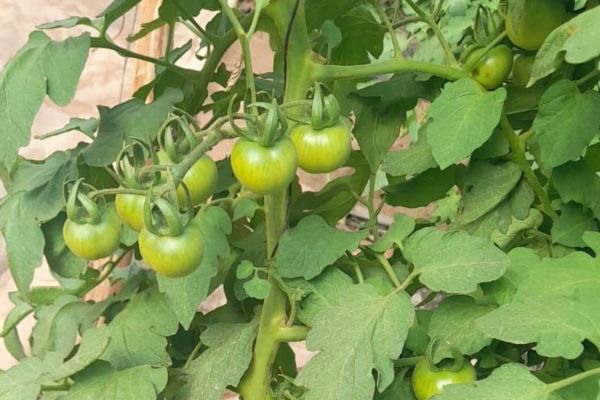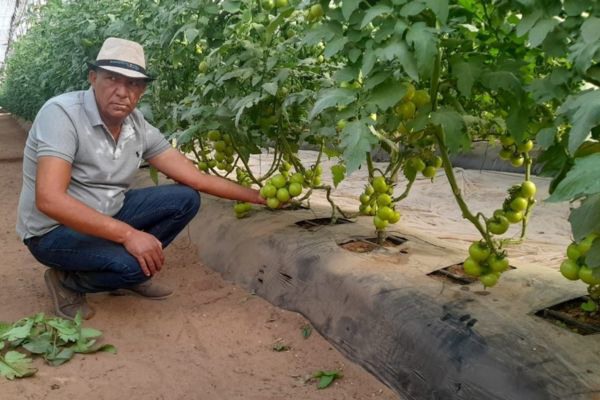The cold snap that Morocco experienced in January and February has put tomato plants in a state of vegetative zero. Volumes dropped from 2000 to only 250-300 kg/ha/day. In the aftermath, the Moroccan government implemented quotas on tomato exports on February 19 in an effort to boost local supply and lower prices before the fasting month of Ramadan.
Producers, who had already reported a 30% recovery in volumes by the end of February following improvements in temperatures, anticipated a return to normal volumes and the lift of export restrictions by mid-April. This did not happen.

According to Mustapha Aouragh, an expert in tomato production based in the Souss Massa region, "Temperatures improved significantly during March and April, despite a peak of 38-41 degrees in the second week of April that lasted four days and caused a drop in yield. Now we're down to an average of 650-1200 kg per ha in the region, with harvests every couple of days," Mustapha added.
If temperatures have improved, daily volumes have not recovered to normal levels for other reasons, says Mustapha, "Pest damage is still taking its toll, and export quotas have caused many growers to abandon tomatoes this season."
In short, if the government can prevent producers from exporting, it cannot force them to produce. On March 17, associations representing tomato exporters and producers announced their decision to withdraw from the joint committee responsible for managing and monitoring the supply of the national market.
"Many producers have now converted their greenhouses into soft fruit production. I am not exaggerating if I say that this is the case for more than 50% of producers in the Souss Massa region," says Mustapha.

The government also failed to achieve the original motive for the restrictions, as tomato prices remained high throughout the month of Ramadan, according to Moroccan media reports, despite short-lived price drops.
"The tomato sector is fragile and needs more attention from the government. The producers are no longer in control of their operations, and the commercial balance can easily be lost, forcing producers to abandon production altogether," Mustapha adds.
Today, export quotas are still in effect one month before the end of the campaign, but Mustapha is under no illusion: "We don't expect much in May. All our hopes are in the next season. We need the government to ensure that the tomato acreage is increased and to help producers if they want to save the export tomato industry in Morocco."
For more information:
Mustapha Aouragh
Tel : +212 661-938200
Email: aouraghmustapha9@gmail.com
